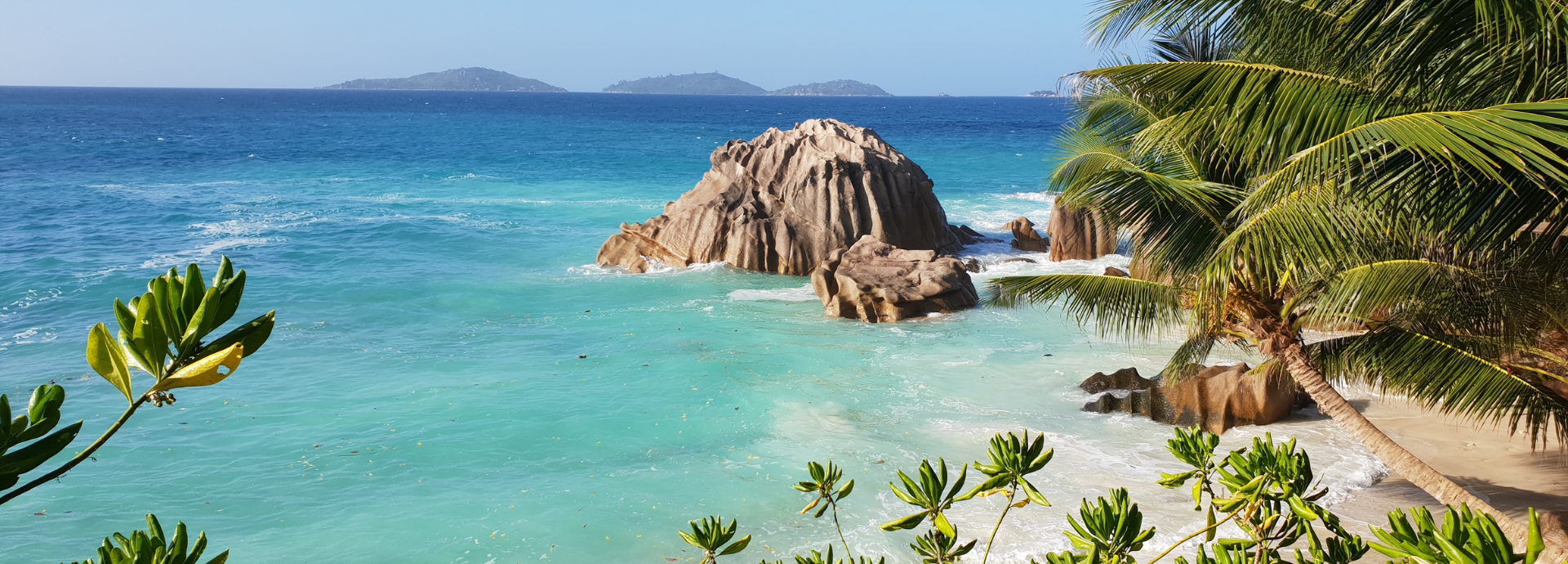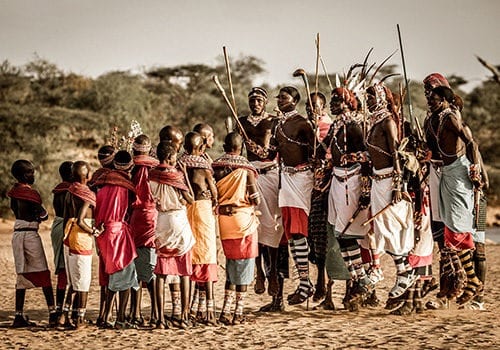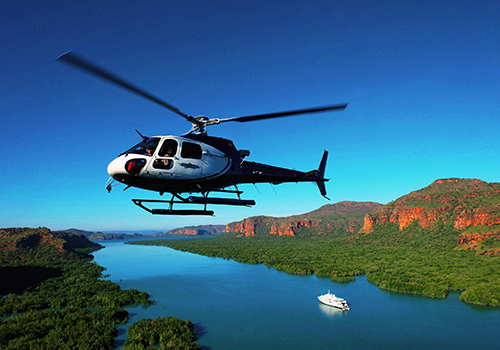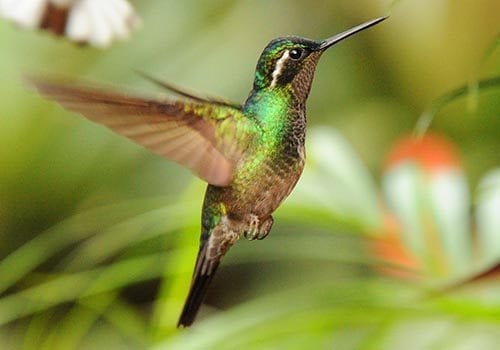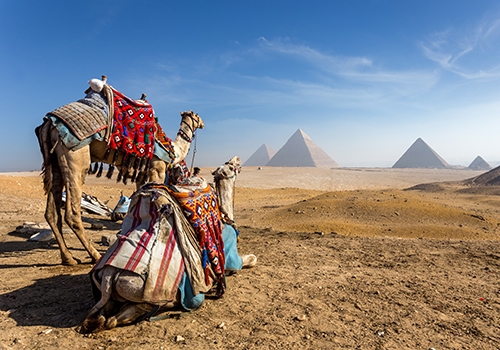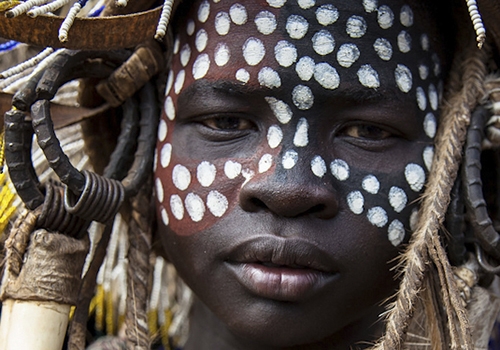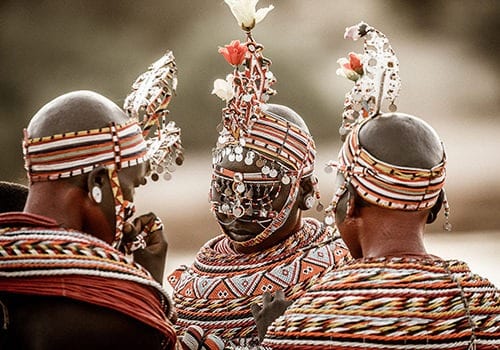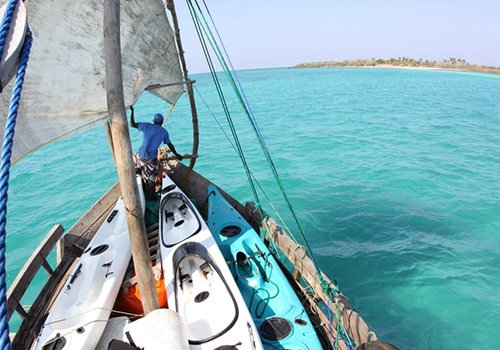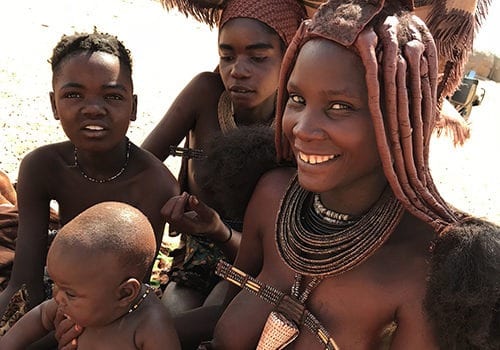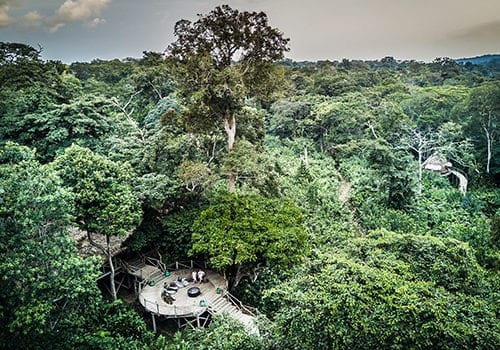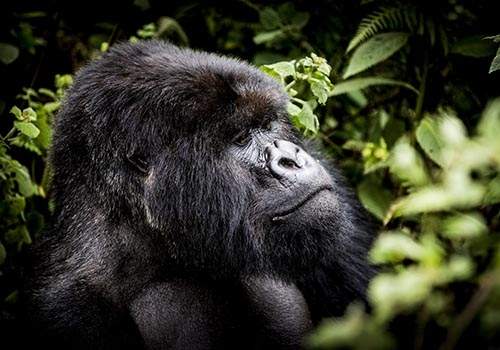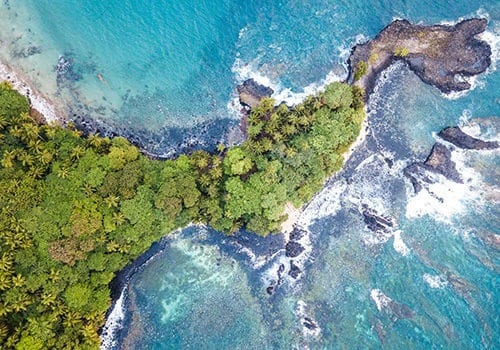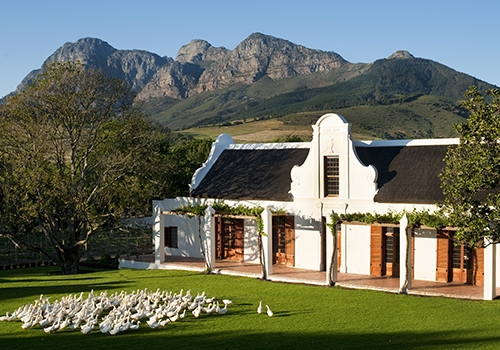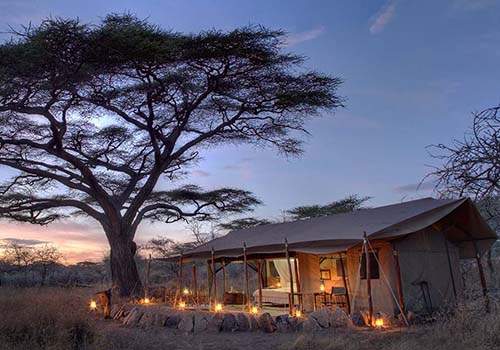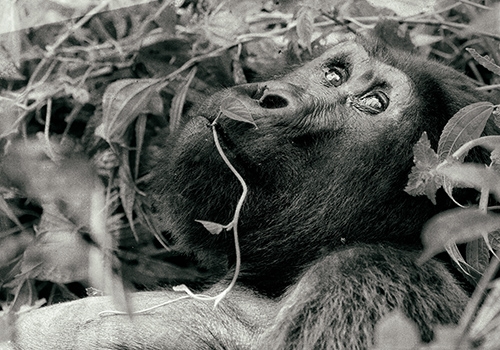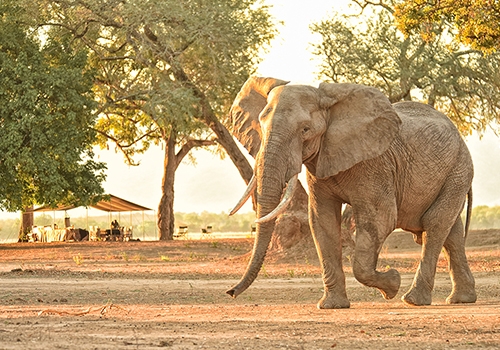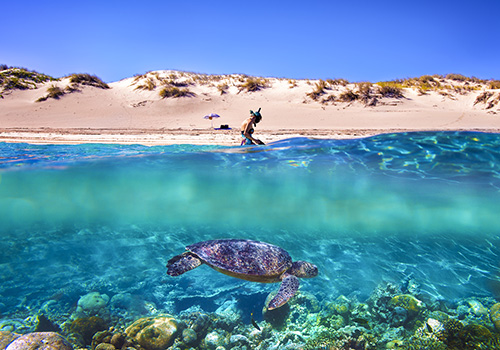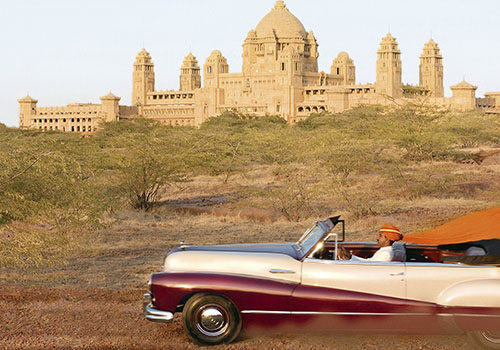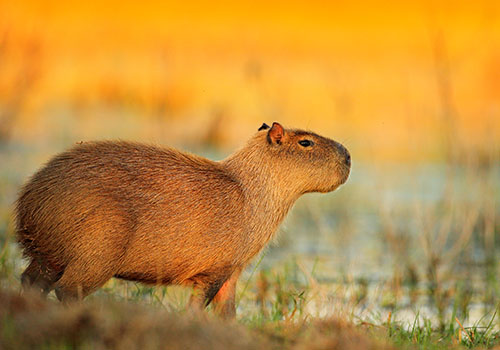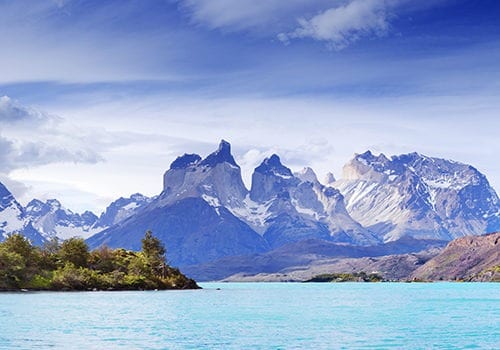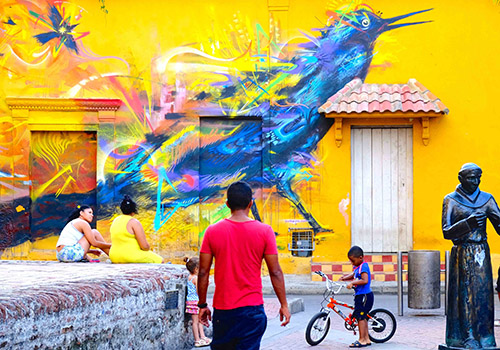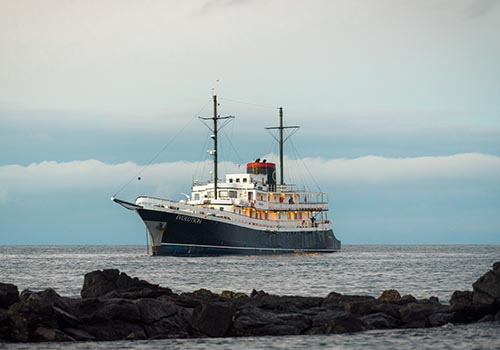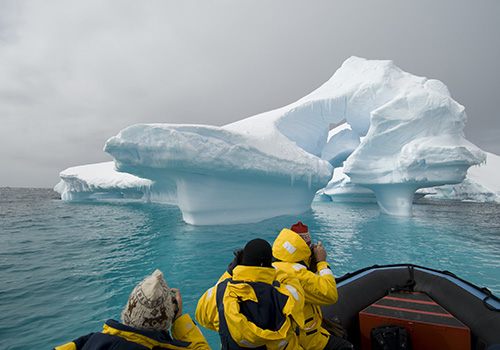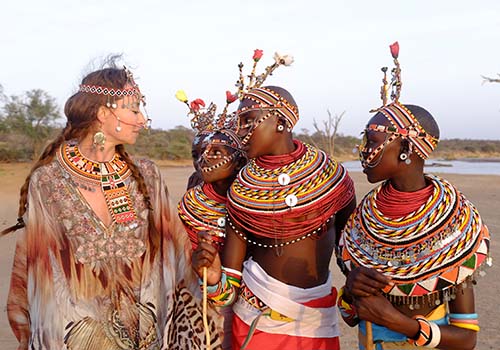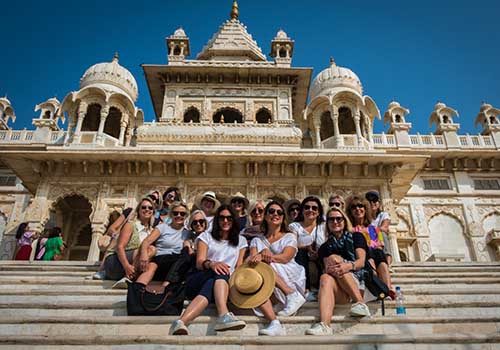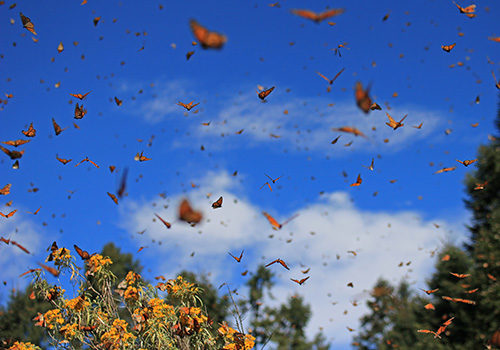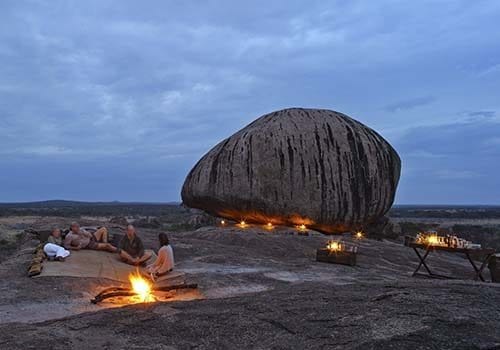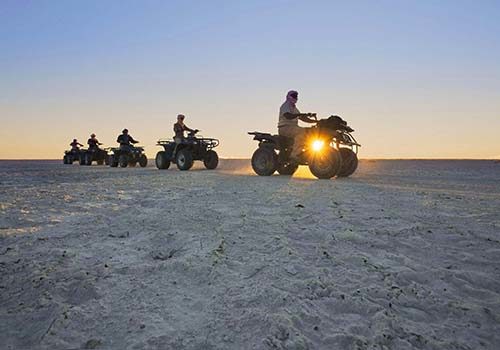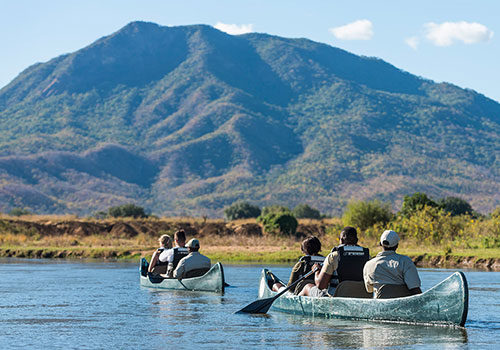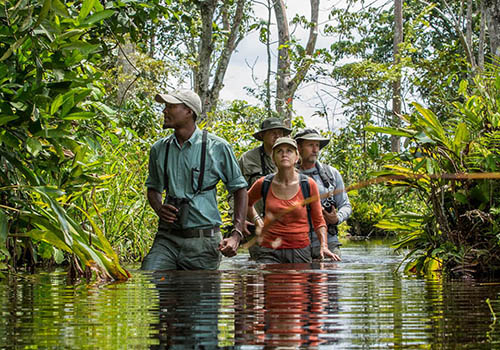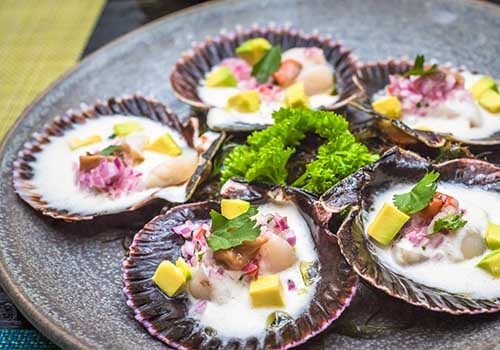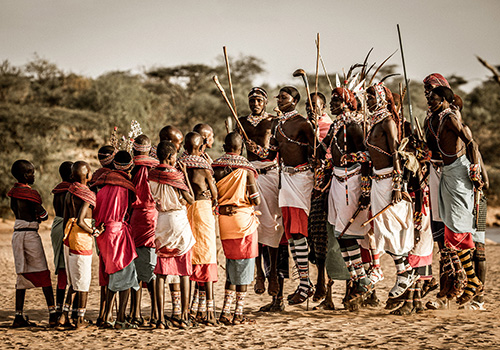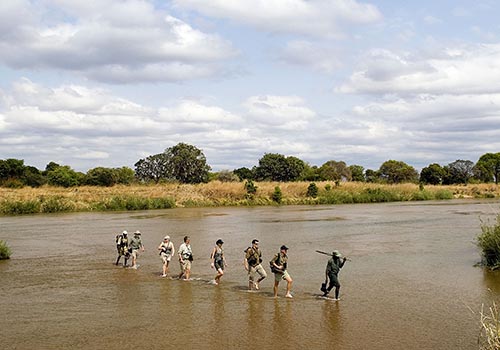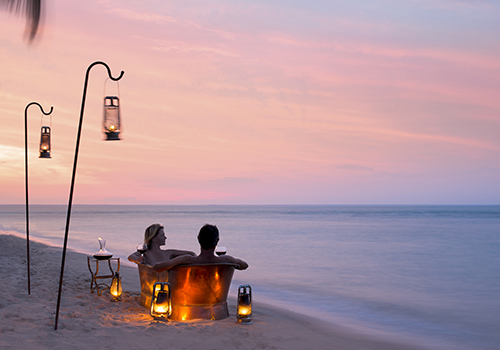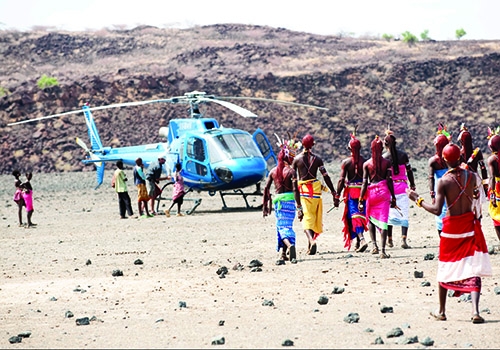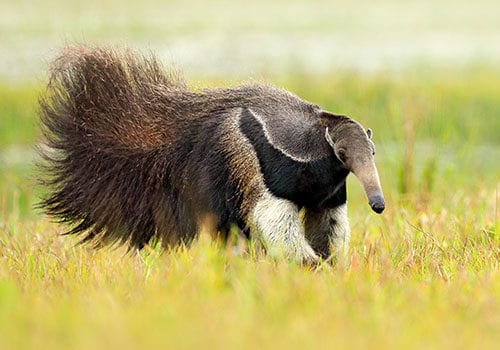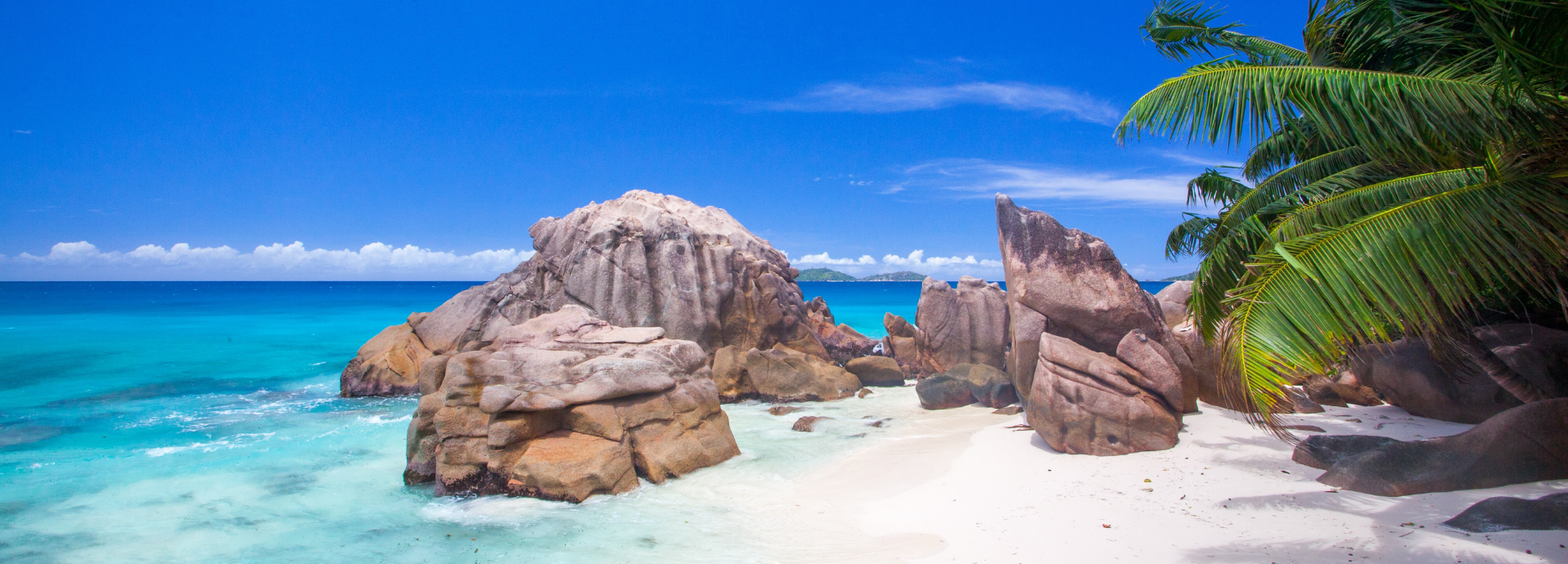
KEY INFORMATION TO PREPARE FOR YOUR JOURNEY
Seychelles is an archipelago located in the Indian Ocean, northeast of Madagascar and about 1,600 kilometres east of mainland Africa. Comprising 115 islands, Seychelles is known for its pristine white-sand beaches, turquoise waters, and lush tropical landscapes. The capital city is Victoria, situated on the main island of Mahé.
Renowned for its luxurious resorts and coral atolls, Seychelles is a popular destination for honeymooners and those seeking a romantic getaway. The archipelago is home to unique and diverse flora and fauna, including the rare Coco de Mer palm. Popular islands to explore include Mahé, Praslin and La Digue. Seychelles is also a haven for water enthusiasts, offering opportunities for snorkeling, diving, and sailing. Its idyllic beauty and rich marine life make Seychelles a sought-after destination for those looking to experience a tropical paradise.
This information will assist in preparing for your departure and includes helpful travel hints for when you are there.
PLEASE NOTE: All pre-departure information was correct at the time of writing, but should be used as a guide only since requirements can change at short notice and without warning. Consult Smart Traveller or contact the High Commission of the Republic of the Seychelles or the appropriate authority prior to departure to confirm all details.
AT A GLANCE
SEYCHELLES KEY FACTS
Time: GMT +4 hours | AEST -6 hours
Capital: Victoria
International Airport(s): Seychelles International Airport (SEZ)
Official languages: Seychellois Creole, French and English
Religion: Christianity in the predominant religion in the Seychelles, with the majority Roman Catholic.
Electrical Current: 240V | Type G (UK 3 square pin)
Currency: Seychellois Rupee (SCR)
Australian High Commission, the nearest is in Mauritius: 2nd Floor, Rogers House, 5 President John Kennedy Street, Port Louis, Mauritius | T: (+230) 202 0160 | https://mauritius.embassy.gov.au/
Visa: No – Australian and New Zealand passport holders do not require a visa for stays of up to 90 days, however, a digital travel authorisation form must be completed prior to arrival. Refer to ‘Passport and Visa Requirements‘ for further details.
USEFUL WEBSITES
Smart Traveller – https://www.smartraveller.gov.au/destinations/africa/seychelles
Travel Doctor-TMVC – https://www.traveldoctor.com.au/destinations/seychelles
PUBLIC HOLIDAYS
January 1: New Year’s Day
January 2: New Year Holiday
Friday before Easter: Good Friday
Monday after Easter: Easter Monday
May 1: Labour Day
Variable: Feast of Corpus Christi
June 18: Constitution Day
June 29: National Day
August 15: Assumption Day
November 1: All Saints Day
December 8: Immaculate Conception
December 25: Christmas Day
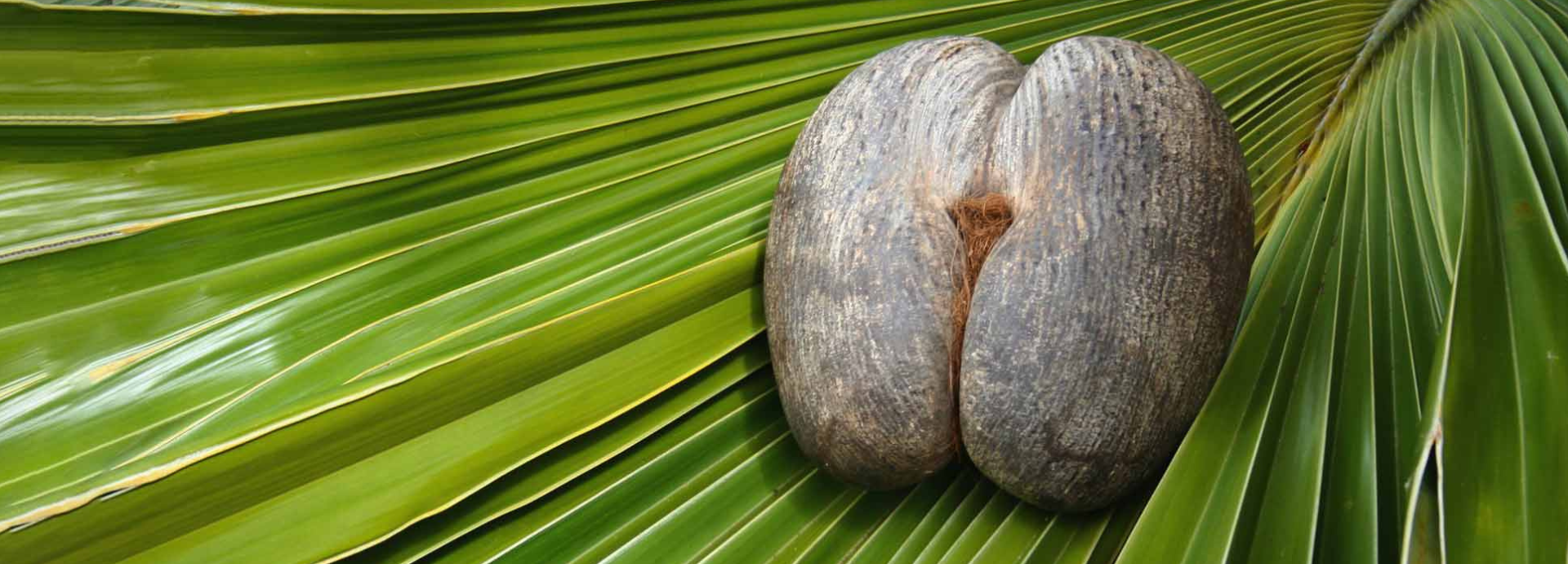
PASSPORT & VISA REQUIREMENTS
PASSPORTS
Your passport must be valid for at least six months after your return to Australia and have at least two blank pages for every entry and country you intend to visit on your journey. If your passport does not meet these requirements you must obtain a new one. The Australian Passport Office website is www.passports.gov.au.
It is a wise precaution to carry a photocopy of your passport separately and leave a copy at home. This will aid authorities in processing a new passport should yours get stolen or lost.
If you have dual citizenship and more than one passport, we strongly recommend that you use only one of these during your travels, as in some countries it is considered illegal to have two or more passports. Be sure to use the same passport on entry and exit from a country, and never surrender your passport.
If your passport name is different to your commonly used name, advise us of this and ensure your airline reservations match those of your passport name.
VISAS
Australian and New Zealand passport holders do not require a Visa to enter the Seychelles for stays of up to 90 days, however, before you go, you must fill out an online form called a Digital Travel Authorisation.
Please use the official website: https://seychelles.govtas.com/en
You’ll have to pay a fee and upload supporting documents such as proof of accommodation and return or onward travel. The the total cost depends on the processing speed you select and will include additional fees and charges, such as banking fees. The fees start from approximately €10-12 per person.
To apply for your Travel Authorisation, you need to:
- Scan or Upload Passport Photo Page
- Take or Upload Traveller’s Photo
- Provide information about your trip
- Answer required health and custom questions
- Make Payment
The application can be submitted up to 30 days before arrival date into the Seychelles.
Approval may take up to 24 hours to receive. The time taken to process your application depends on which package you select.
- Standard processed in 24 hours
- Premium processed in 6 hours
- Expedited processed in 60 minutes
If you need any assistance regarding your application, please email support@govtas.com or call +248 2519717. For urgent queries, please use our 24/7 live chat to be connected to a Customer Support Agent.
When you arrive, you’ll get a visitor’s permit for up to three months. You may need to show evidence of sufficient funds, accommodation, onward travel, and travel insurance.

CLIMATE, WEATHER & SEASONS
CLIMATE
The islands enjoy a pleasant tropical climate year round and, as they are situated outside the cyclone belt, there are no extremes of weather.
The temperature seldom drops below 24ºC or rises above 33 ºC. Globally changing climatic conditions make it difficult to predict exact weather patterns.
From October to March the islands are affected by the northwest trade winds. This is when the sea is generally calm with warm tropical water.
From May to September, the weather is generally drier and cooler, with choppy seas, particularly on the south-eastern coast, which is when the southeast trade winds occur.
The wettest months are December and January.
| VICTORIA | JAN | FEB | MAR | APR | MAY | JUN | JUL | AUG | SEP | OCT | NOV | DEC |
|---|---|---|---|---|---|---|---|---|---|---|---|---|
| Temperature (°C) | 24-30 | 25-31 | 25-31 | 25-32 | 25-31 | 25-30 | 24-29 | 24-29 | 24-29 | 25-30 | 24-30 | 24-30 |
| Rainfall (mm) | 405 | 250 | 200 | 185 | 160 | 115 | 90 | 120 | 165 | 180 | 190 | 305 |
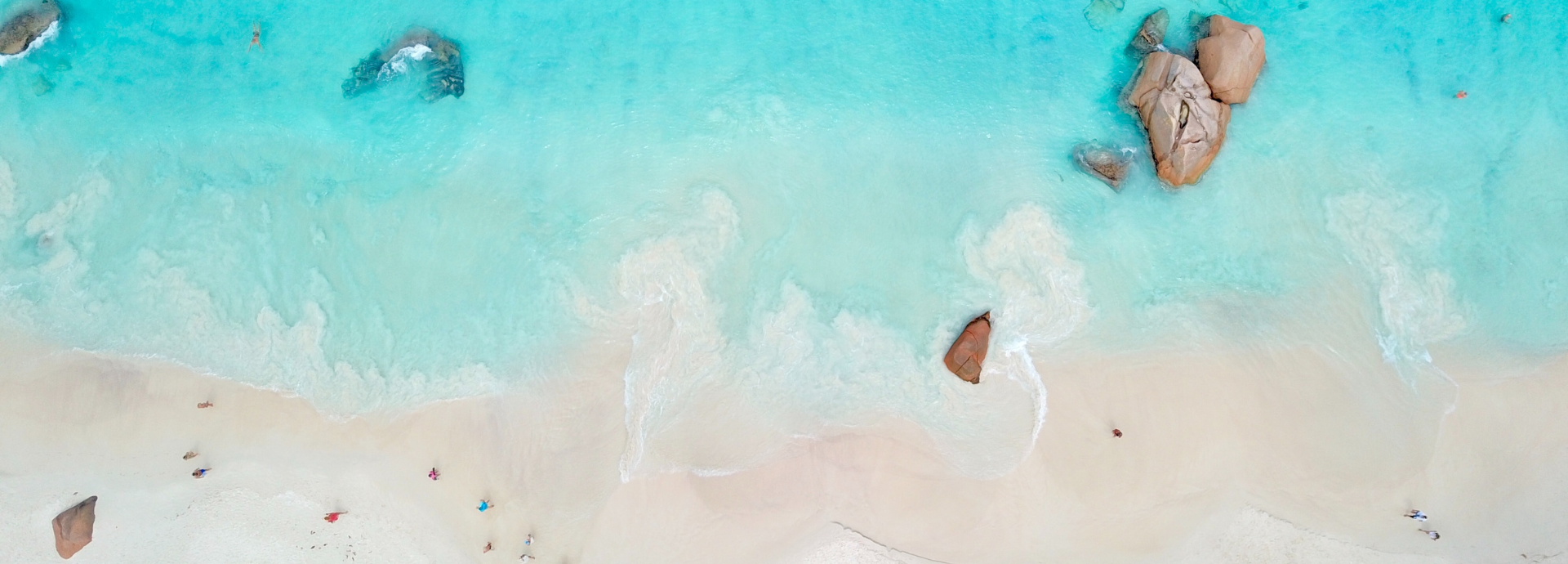
LUGGAGE & PACKING
CLOTHING
The Seychelles is a tropical destination with a warm and humid climate, so when packing for your trip, it’s essential to keep comfort and practicality in mind. Here are some clothing tips for your visit to the Seychelles:
Light and Breathable Fabrics: Pack lightweight, breathable fabrics such as cotton, linen, and moisture-wicking materials to stay cool in the tropical heat.
Swimwear: Bring multiple swimsuits since you’ll likely spend a significant amount of time in the water. Quick-drying materials are ideal.
Light Cover-ups: Consider bringing light cover-ups like sundresses, sarongs, or lightweight long-sleeved shirts to protect yourself from the sun and keep cool in the evenings.
Sun Protection: Pack a wide-brimmed hat, sunglasses, and high SPF sunscreen to protect yourself from the strong tropical sun.
Comfortable Footwear: Sandals or flip-flops are suitable for the beach, but you might also want comfortable walking shoes for exploring the islands.
Casual Clothing: Seychelles has a relaxed atmosphere, so casual clothing like shorts, T-shirts, and summer dresses are appropriate for most occasions.
Light Jacket or Sweater: Evenings can be cooler, so it’s a good idea to bring a light jacket or sweater for added comfort.
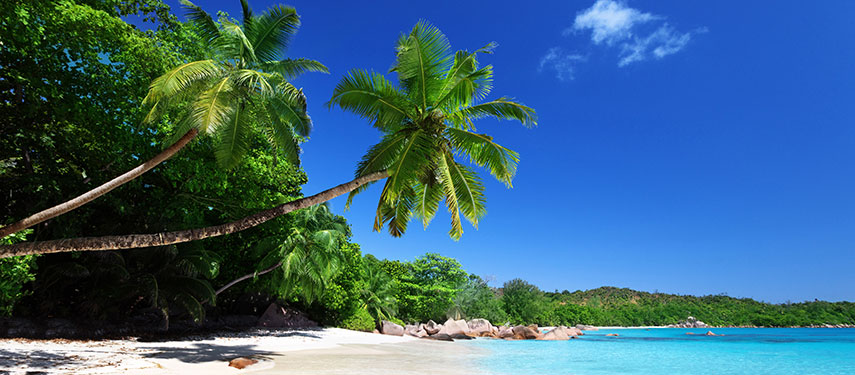
Insect Repellent: Mosquitoes can be present, especially during certain times of the year, so pack insect repellent to avoid bites.
Rain Gear: The Seychelles experiences a wet season, so it’s advisable to bring a light rain jacket or poncho just in case.
Respectful Attire: If you plan to visit religious or cultural sites, consider bringing modest clothing out of respect for local customs.
Remember to check the weather forecast closer to your travel dates to fine-tune your packing list. Overall, prioritise lightweight, breathable, and comfortable clothing to make the most of your tropical island experience.
HEALTH & VACCINATIONS
VACCINATIONS
It may be necessary to take medical precaution prior to, and whilst travelling. As we are not qualified to offer advice, we recommend you contact your GP or the Travel Doctor-TMVC who have the most up‐to-date information available. Requirements are highly personal depending on your health profile and the activities in your itinerary. Some vaccinations must be given well in advance of travel, so we suggest seeking medical advice as soon as you start to plan your trip. Be sure to ask what vaccinations or medications may be required to enter the Seychelles and to re-enter Australia.
You can also refer to SmartTraveller for a guide as to what may be required, however you should always seek professional medical advice before travelling.
For further information on health and vaccinations please refer to the main Africa pre-departure information
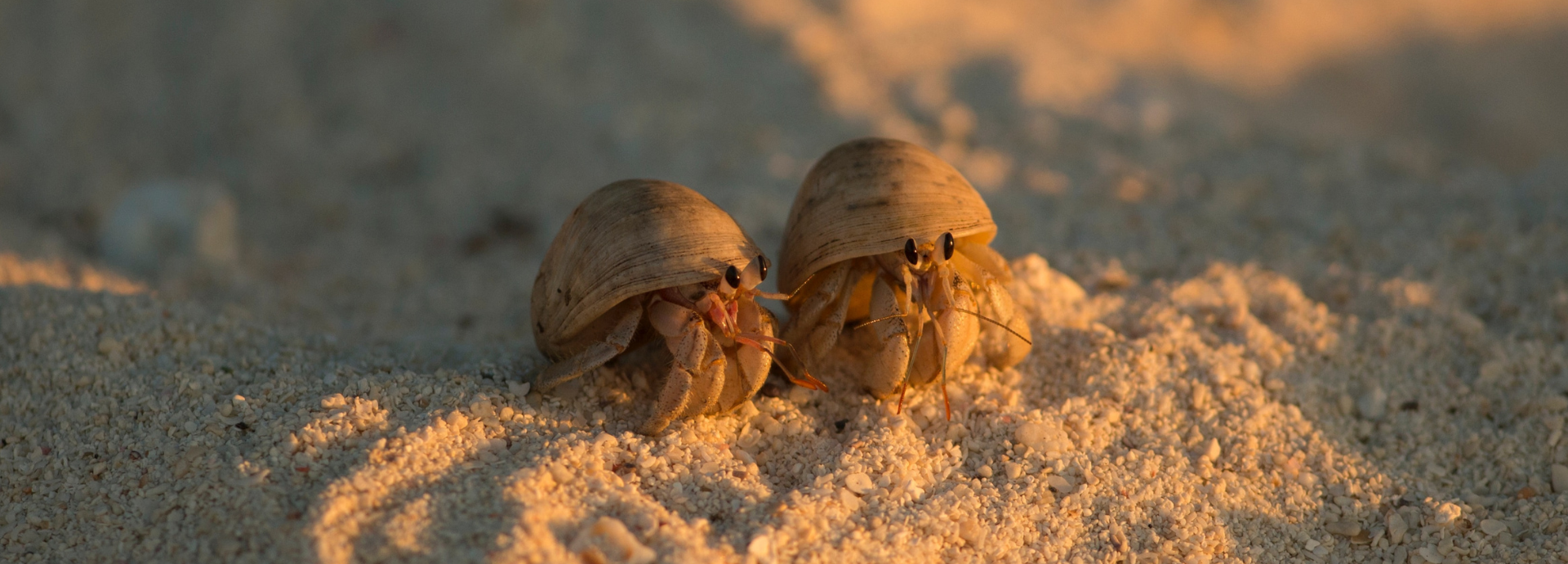
FOOD & DRINK
In the Seychelles, you’ll find a delightful blend of flavours influenced by African, Asian, and European cuisines. Here are some food and drink tips for your visit to the Seychelles:
FOOD
Creole Cuisine: Don’t miss the opportunity to savour Creole cuisine, which is a highlight of Seychellois gastronomy. Dishes often include fish, coconut, rice, and a variety of spices. Try the popular fish curry, octopus curry, or grilled fish with local condiments.
Fresh Seafood: Given the Seychelles’ coastal location, seafood is abundant and fresh. Enjoy dishes like grilled fish, octopus salads, or lobster prepared in various styles.
Tropical Fruits: Indulge in the abundance of tropical fruits such as papaya, mango, pineapple, and coconut. These fruits are not only refreshing but also a great way to experience the local flavours.
Coco de Mer: Try the unique and iconic Coco de Mer, a type of coconut that grows only in the Seychelles. You can taste it in desserts or drinks.
DRINK
Takamaka Rum: Enjoy the local spirit, Takamaka Rum. It comes in various flavours and is often used in cocktails or sipped on its own.
Seybrew Beer: If you’re a beer enthusiast, try Seybrew, the local beer. It’s a refreshing choice, especially in the tropical climate.
La Digue’s Fruit Bat Juice: While on La Digue, try the Fruit Bat Juice, a refreshing local drink made from the island’s abundant fruit bats.

Street Food: Explore the local street food scene for a more authentic experience. Look out for vendors selling samosas, coconut cakes, and grilled fish.
Local Markets: Visit local markets to experience the vibrant atmosphere and purchase fresh produce. Markets are an excellent place to try local snacks and interact with Seychellois people.
Dining by the Beach: Take advantage of the many beachfront restaurants offering stunning views along with delicious food. Seafood barbecues are popular in these settings.
Embrace the local flavours, and don’t hesitate to try new dishes to make the most of your culinary experience in the Seychelles.
MONEY MATTERS
CURRENCY AND EXCHANGE
The local currency is the Seychelles Rupee (SCR), made up of 100 Cents. Most major international currencies can be exchanged at banks and hotels into SCR.
ATMs are widely available throughout Mahé but are less common on the other islands. Please use caution when withdrawing cash, just as you would at home. Do not rely solely on a cash card to fund your trip ‐ if it does not work for any reason you will need to find a bank which is not always convenient.
It is best to take a mixture of money – credit card, debit card or travel cash card and cash.
You may need some cash, preferably in small denominations, for gratuities.
It is recommended that you DO NOT change money on the black market as you are more likely to receive a lower rate of exchange or fake notes.
TELL YOUR BANK
We highly recommend you advise your bank of your destinations and travel dates. This should prevent any of your transactions being deemed as ‘out of the ordinary’ (and possibly stopped) due to their unexpected location.
TIPPING
In Seychelles, tipping is generally appreciated, and it is common to tip for various services. Here are some tipping guidelines for Seychelles:
Restaurants: A service charge is often included in the bill, but it’s customary to leave an additional 5-10% if it’s not included. If the service charge is included, you can still leave a small tip as a token of appreciation.
Hotels: Tipping hotel staff is common in Seychelles. You can tip the bellboys, housekeeping, and other staff members who provide services. Leaving a small amount in your room for housekeeping each day is a common practice.
Taxis: Tipping taxi drivers is not mandatory, but rounding up the fare or leaving a small tip is appreciated.
Tour Guides and Drivers: If you take guided tours or hire a driver, it’s customary to tip them. The amount can vary, but 5-10% of the total cost is a reasonable guideline.
Spas and Salons: If you use spa or salon services, tipping is appreciated. A 5-10% tip is customary.
As always, it’s a good idea to check if a service charge is included in the bill and to consider the quality of service received when deciding on the tip amount. Tipping practices may vary, so if you’re unsure, you can ask locals or the establishment’s staff for guidance. Remember that tipping is a way to show appreciation for good service, and it’s not mandatory.

POWER, TECH & PHOTOGRAPHY
POWER
There are basically two main voltage systems used around the world: 110 Volt ‐ USA, Canada, Spain & Japan 220 Volt ‐ the rest of the world. In simple terms, the power supply available at the socket is roughly twice as powerful in 240V countries as in 110V countries.
The voltage in the Seychelles is 240 Volts, therefore if you wish to use any electronic devices from Canada, the US or Japan you’ll need a voltage converter AND a plug adapter. Australia operates a 220V currency and therefore you only require an adapter for Australian appliances.
The adaptor you will need for the Seychelles is a TYPE G, alternatively you may prefer to invest in an International Travel Adaptor that provides you with more than one option.
Many adaptors also have a USB port so you can plug your smart phone, or I‐product directly into the adaptor.
For the latest & most up to date information about voltage and what adaptors to travel with refer to: www.korjo.com
ADAPTORS
Seychelles uses a 240V electrical current and a type G (UK 3 square pin).

